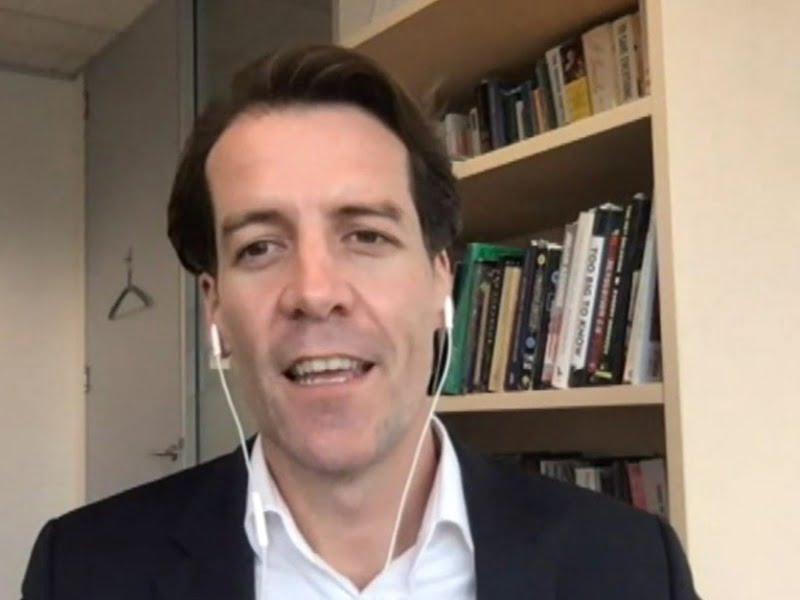Australian Signals Directorate chief Rachel Noble says the spy agency’s cybersecurity focus and targeting of Australian citizens is nothing new.
In the address at the Australian National University – her first public speech since taking on the role – Ms Noble said the ASD’s core mission to collect intelligence about foreign adversaries and protect the security of Australia’s intelligence is unchanged, but the methods of doing this have been adapted.
The government recently outlined its plan to introduce new laws allowing the ASD to assist law enforcement in combating crime, leading to concerns that the spy agency would unleash its powers on Australian citizens.

But Ms Noble said the agency has lawfully been able to do this for 20 years with ministerial approval, although it legally cannot “conduct mass surveillance on Australians”.
“It is hardly a modern revelation that ASD has this role. Transparency is not a new feature of our story – some people may have just forgotten what has already been said over many years,” Ms Noble said.
“Not all Australians are the good guys. Some Australians are agents of foreign power. Some Australians are terrorists. Some Australians take up weapons and point them at us and our military.
“I want to underscore this point when it comes to intelligence collection and cyber offensive operations, ASD is a foreign intelligence agency. It is a matter for ASIO to concern itself with Australians who may pose a threat to our way of life. ASD cannot, under law, conduct mass surveillance on Australians.”
The Coalition’s new 2020 Cyber Security Strategy included a plan to expand the ASD’s powers to work with law enforcement to combat crime in Australia and overseas.
The agency, along with its Australian Cyber Security Centre, will be receiving $1.35 billion over the next decade in repurposed Defence spending as part of the Cyber Enhanced Situational Awareness and response package, allowing it to identify more threats, disrupt more foreign cybercriminals and partner with local industry and government.
But these cybersecurity capabilities for the spy agency are nothing new, Ms Noble said.
“Our cybersecurity mission has not been bolted on to ASD – it has always been an intrinsically intertwined part of our core mission for 73 years,” she said.
“We are in a near impossible game. The threat to our way of life is more real today than at any time I have known in my career.”
The spy boss said the ASD has dual roles as both the poacher and gamekeeper, in sight and security.
These dualling arms come with advantages and disadvantages for the nation, according to Australian Strategic Policy Institute International Cyber Policy Centre head Fergus Hanson.
“The advantage is there is a finite number of skills and it allows you to pool resources, and it also allows you to make a trade-off decision between exploits you might identify,” Mr Hanson told InnovationAus. “You can decide whether it’s better to make it public to help with improved defences or keep it secret to use it offensively.”
“The downside risk to me is that the culture behind a foreign intelligence collection service and domestic defence agency is quite different,” he said.
“If you’re engaged in foreign intelligence collection you need to be really aggressive in your methods and have much fewer constraints. But if you’re a domestic defence agency the culture needs to be about very high degrees of probity and much greater constraints.”
“There’s a bit of tension there and around the culture. They’ve tried to strike that balance by splitting off the ACSC and having that at arms’ length from the ASD. Whether that’s sufficient or not, we can have a debate about that.”
The ASD and government need to take these proposed changes to the public, Mr Hanson said.
“If you’re an intelligence service and you’re trying to make the case for changing powers, you absolutely need to make a public case for that and absolutely the right thing to do is to make that case,” he said.
“Ultimately she has to win the confidence and trust of the Australian people and they want to hear her articulate why she wants these powers and see the justification. It’s absolutely essential and she should be commended for doing it.”
Do you know more? Contact James Riley via Email.

